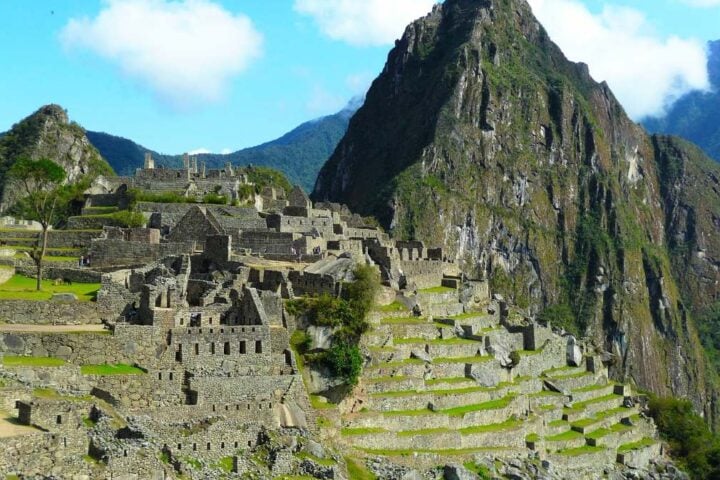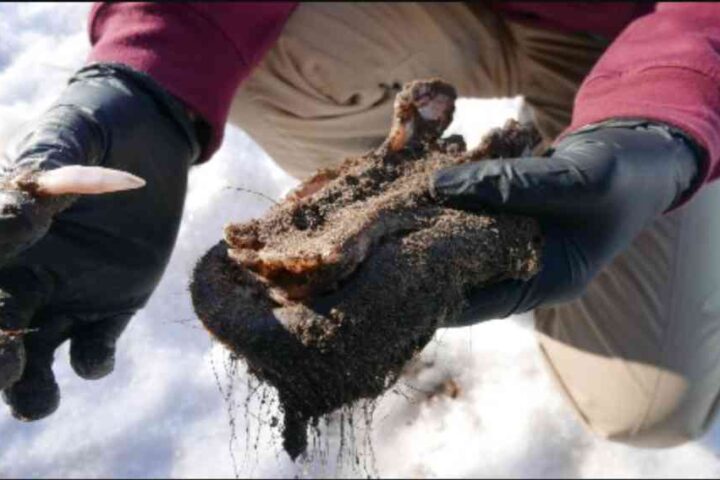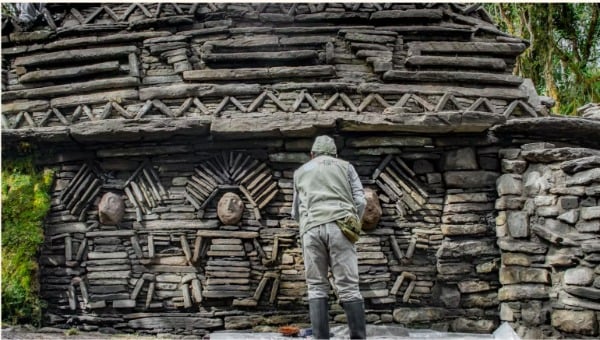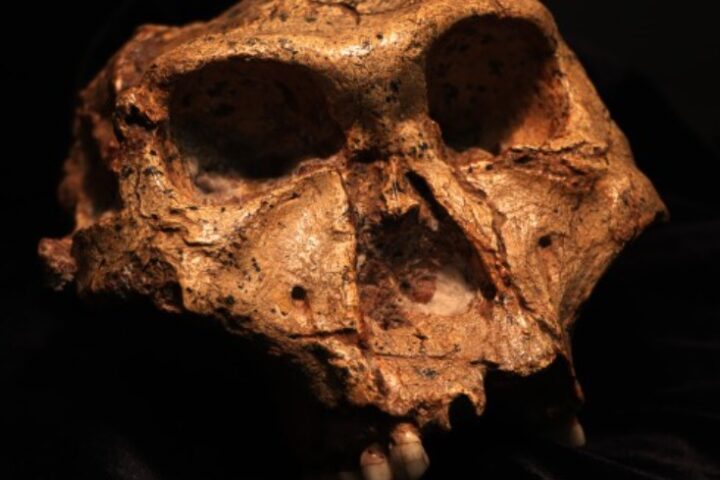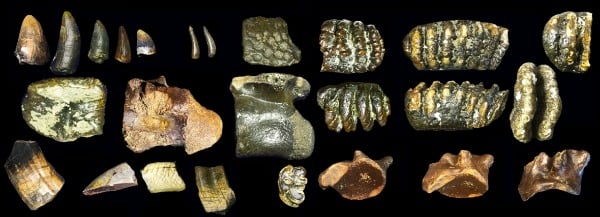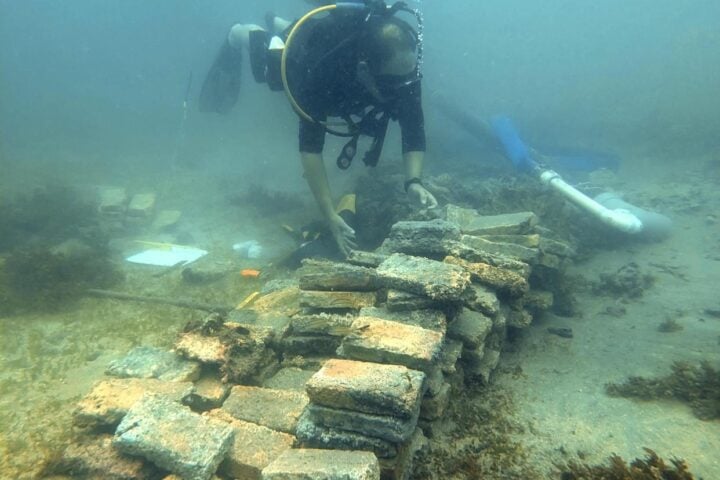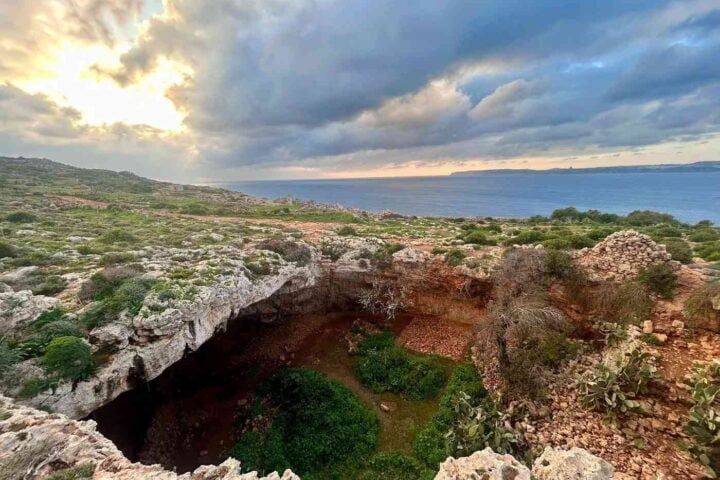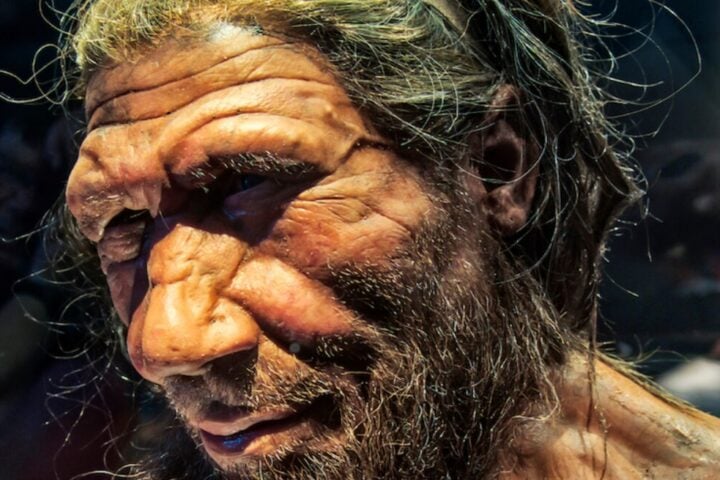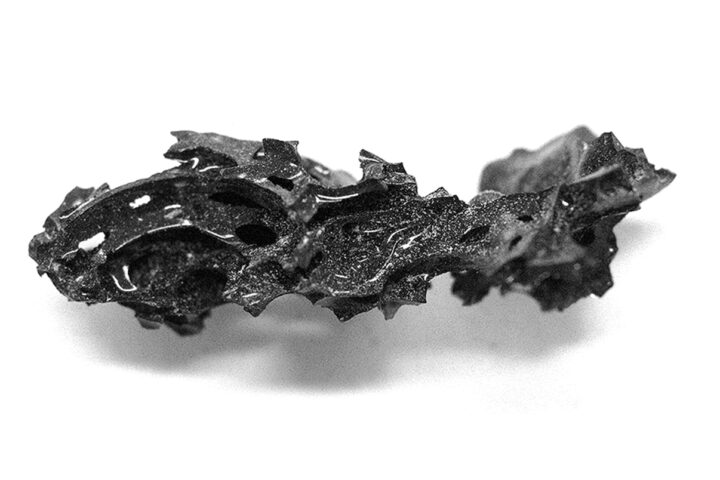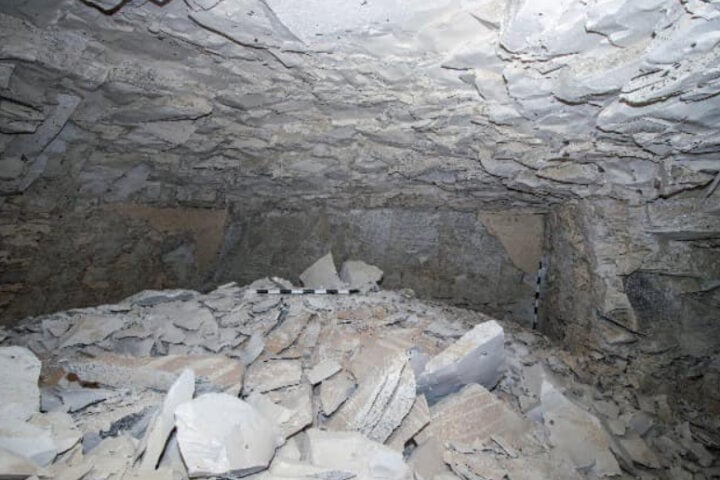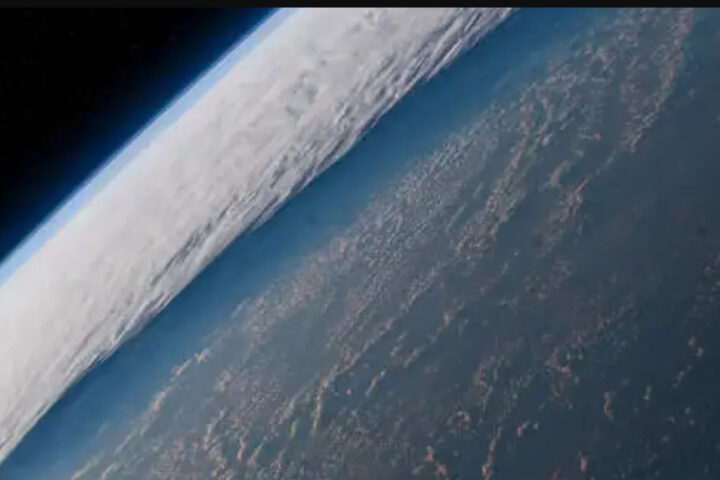The Icy Grip of History
Around 1.1 million years ago, a dramatic shift in the climate of southern Europe occurred. Paleoclimate evidence from various studies suggests that temperatures plummeted, leading to conditions that were inhospitable for the early humans of the time. This extreme cooling event, as researchers from UCL and other institutions have found, likely caused the extinction of these early inhabitants.
From Warmth to Winter
The oldest known human remains in Europe, discovered in Iberia, indicate that early humans had migrated from southwest Asia approximately 1.4 million years ago. The climate during this period was predominantly warm and wet, interspersed with milder cold spells. This paints a picture of a Europe where early humans thrived, adapting to various climate cycles and enduring even the harshest conditions. However, the recent findings challenge this narrative.
Professor Chronis Tzedakis of UCL Geography remarked, “Our discovery of an extreme glacial cooling event around 1.1 million years ago challenges the idea of continuous early human occupation of Europe.”
Unearthing the Past
To understand this climatic transformation, scientists from UCL, the University of Cambridge, and CSIC Barcelona delved deep into the marine world. They analyzed the chemical composition of marine micro-organisms and studied pollen content from deep-sea sediment cores off Portugal’s coast. Their findings were startling: ocean surface temperatures near Lisbon had dropped below 6°C, and semi-deserts began to spread across the neighboring land.
Similar Post
Dr. Vasiliki Margari of UCL Geography expressed her surprise, stating, “This cooling at 1.1 million years ago was comparable to some of the most severe events of recent ice ages.”
Survival Against the Odds
Such drastic cooling would have posed immense challenges for early human populations. Professor Nick Ashton of the British Museum emphasized the gravity of the situation, noting that early humans might not have had the necessary adaptations, such as adequate fat insulation or the means to produce fire, clothing, or shelters.
To further understand the impact of this climate change on early humans, a team led by Professor Axel Timmermann from the IBS Center for Climate Physics used supercomputers to simulate the extreme conditions. Their findings were grim: the Mediterranean climate became too hostile for archaic humans.
A Continent Reborn
The combined data suggests a bleak picture: southern Europe, especially Iberia, was devoid of human life for nearly 200,000 years. However, Professor Chris Stringer of the Natural History Museum in London offers a glimmer of hope. He proposes that around 900,000 years ago, Europe might have been recolonized by a more resilient breed of humans. These individuals, equipped with evolutionary or behavioral changes, could withstand the increasing intensity of glacial conditions.
In Conclusion
The chilling tale of Europe’s ancient freeze serves as a poignant reminder of the ever-changing nature of our planet and the resilience of humanity. As we face modern-day challenges, understanding our past becomes crucial in navigating our future.



